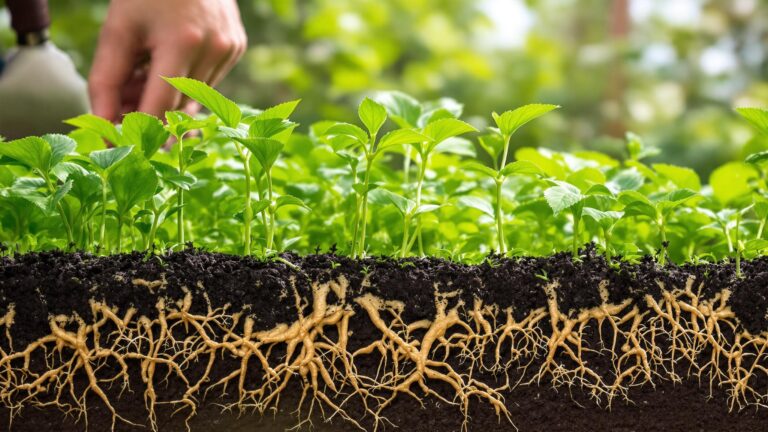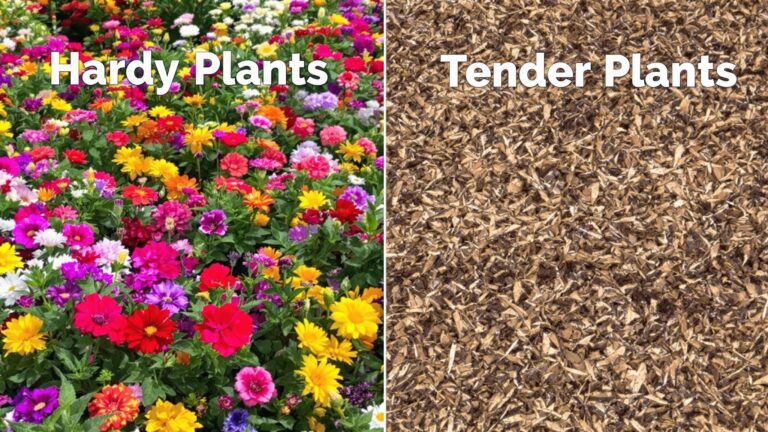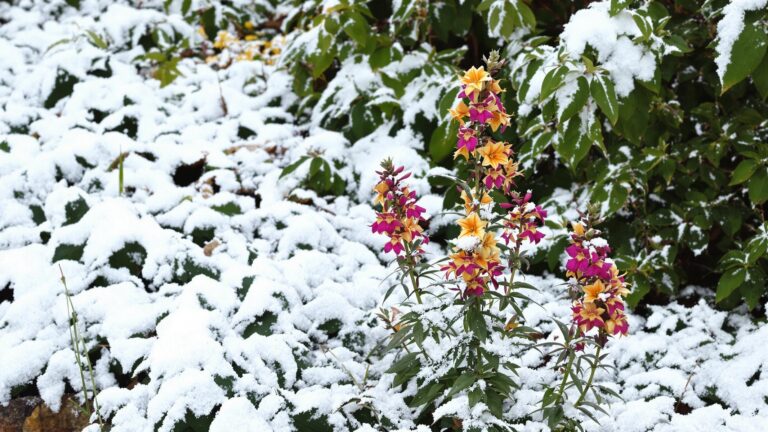
Hardy Who?! The Unbelievable Secret Weapon for Thriving Plants You’ve NEVER Heard Of!
Are your plants lackluster? Do you dream of a garden bursting with life, but struggle with poor soil or unpredictable weather? You’re not alone! Gardeners everywhere face challenges, but a secret weapon exists, hidden beneath the soil, ready to transform your green space: Mycorrhizae.
Mycorrhizae (pronounced my-core-rye-zee) are a type of fungi that form a symbiotic relationship with plant roots. Think of it as a tiny, underground partnership where both parties benefit. The fungi act like an extension of the plant’s root system, drastically increasing its ability to absorb water and nutrients from the soil. In return, the plant provides the fungi with sugars produced through photosynthesis.
Why should you care?
- Enhanced Nutrient Uptake: Mycorrhizae effectively increase the surface area of the root system, allowing plants to access nutrients they couldn’t reach otherwise. This includes vital minerals like phosphorus and nitrogen, often lacking in garden soil.
- Improved Water Absorption: During droughts or dry spells, mycorrhizae help plants stay hydrated by tapping into moisture sources that remain unavailable to plants with weaker root systems.
- Increased Disease Resistance: A healthy plant is a resistant plant! Mycorrhizae strengthen plant immunity, making them less susceptible to soil-borne diseases.
- Greater Tolerance to Stress: Plants with mycorrhizal associations are better equipped to handle environmental stressors like temperature extremes, heavy metals, and soil salinity.
- Healthier Soil: Mycorrhizae contribute to soil structure by producing a sticky substance called glomalin, which helps bind soil particles together, improving aeration and water retention.
How to introduce Mycorrhizae to your garden:
It’s easier than you think! You can introduce mycorrhizae to your garden by:
- Purchasing Mycorrhizal Inoculants: These are available at most garden centers and online. Look for products that contain a blend of different mycorrhizal species for broad-spectrum effectiveness.
- Using Compost: Some compost contains beneficial mycorrhizae. Check the product label or inquire with the supplier.
- Minimizing Soil Disturbance: Tilling and excessive digging can disrupt mycorrhizal networks. Practice no-till gardening techniques whenever possible.
- Avoiding Excessive Fertilizer Use: High levels of phosphorus can inhibit mycorrhizal formation.
Don’t let common gardening challenges hold you back. Unlock the power of mycorrhizae and watch your plants thrive like never before! It’s the ‘hardy shill’ your plants have been waiting for – a natural, sustainable, and incredibly effective way to create a flourishing garden.


